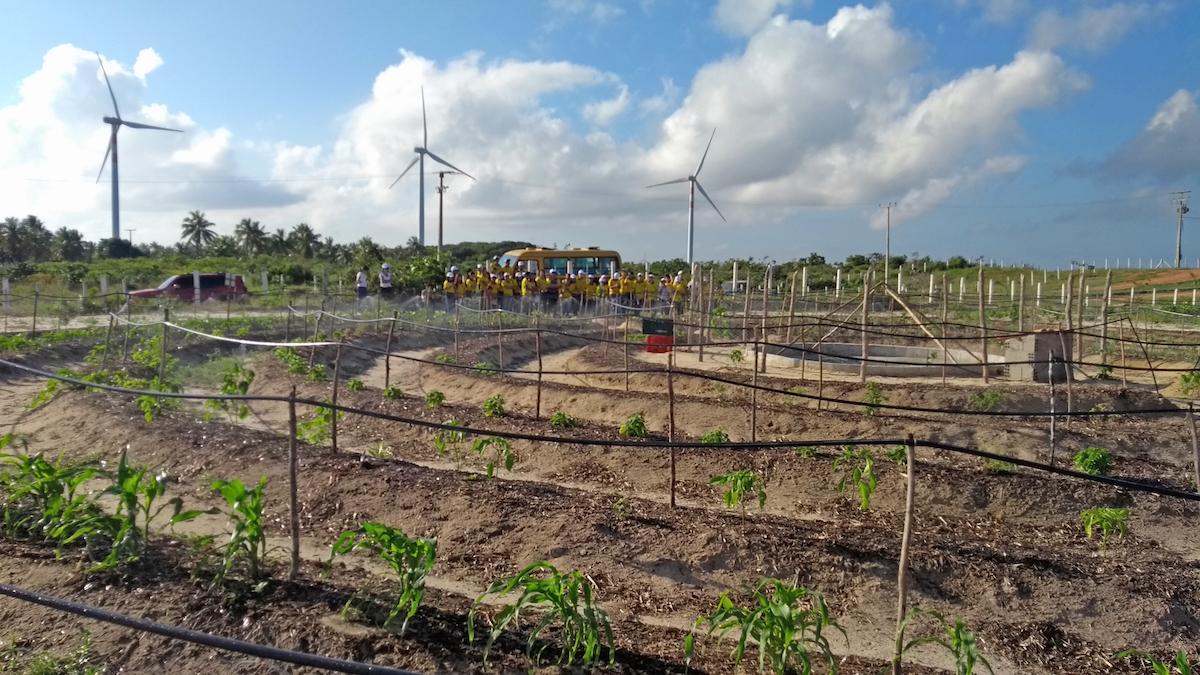How Markets Will Determine Environmental Protection
“Many lines of evidence demonstrate that human activities, especially emissions of greenhouse gases, are primarily responsible for observed climate changes. There are no alternative explanations.”
The US National Climate Assessment (2017)
The United States Advisory Committee for the Sustained National Climate Assessment has been officially disbanded. Originally mandated to help the country prepare for a changing climate, this panel offered a platform for the world’s leading academics, industry, government and local officials to advise private sector and government stakeholders on navigating climate change risk.
Designed to examine all new scientific climate research and summarize the current state of knowledge in the field, the 4th National Climate Assessment was compiled from several thousand studies conducted by tens of thousands of environmental specialists.…
